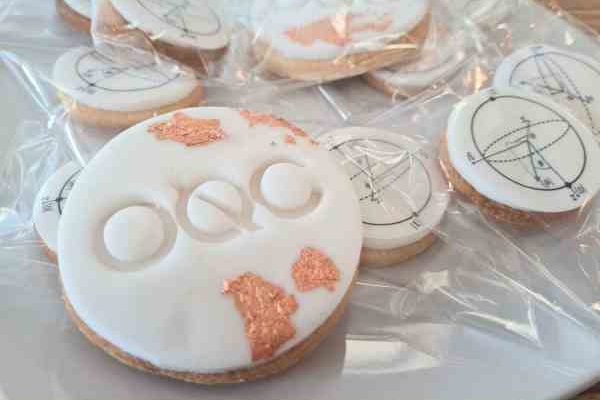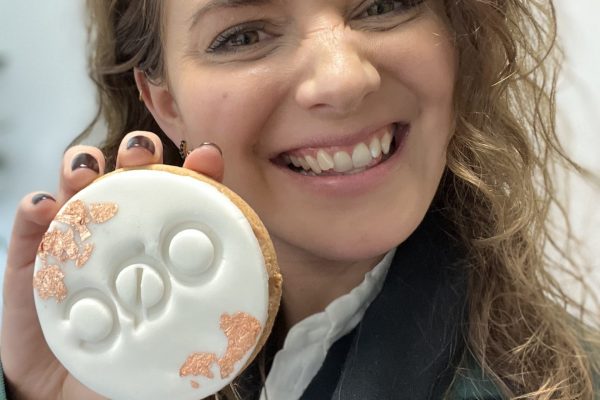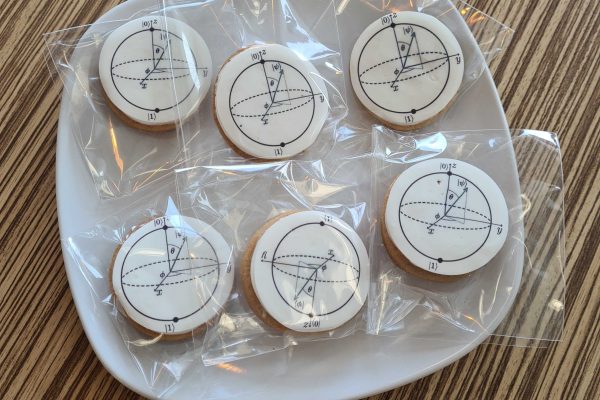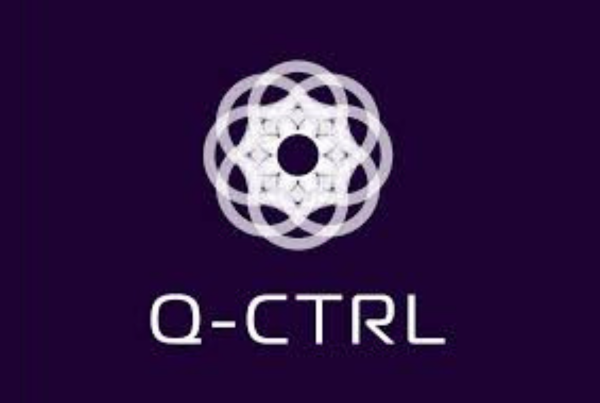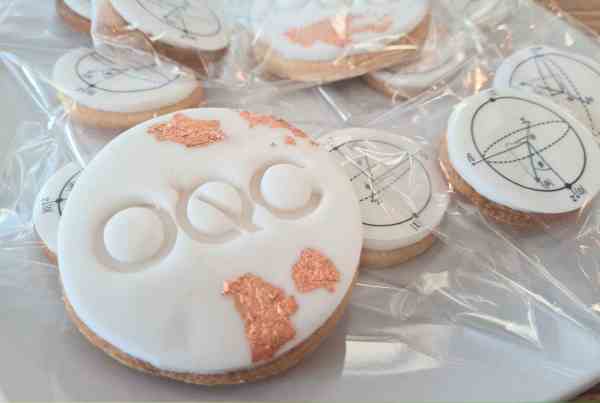
QUICKBITS
Happy world quantum day
- Qubit is short for “quantum bit.” It is the fundamental unit of information in quantum computing.
- Quantum computing market as a whole is valued at $472m in 2021 and is expected to reach $1.7bn by 2026

Katy Alexander
MARKETING DIRECTOR
Katy is the Marketing Director at OQC. Prior to joining OQC, she developed and scaled marketing and analytics functions for startups and large listed companies. Passionate about using data to guide strategic decisions, Katy’s unique blend of analytical rigour and creative expression enables her to tackle diverse challenges effectively. In her spare time, she champions diversity in STEM through the creation of games and education resources for primary schools.
World Quantum Day is an international event celebrated on April 14 to promote public awareness and understanding of quantum science and quantum technology.
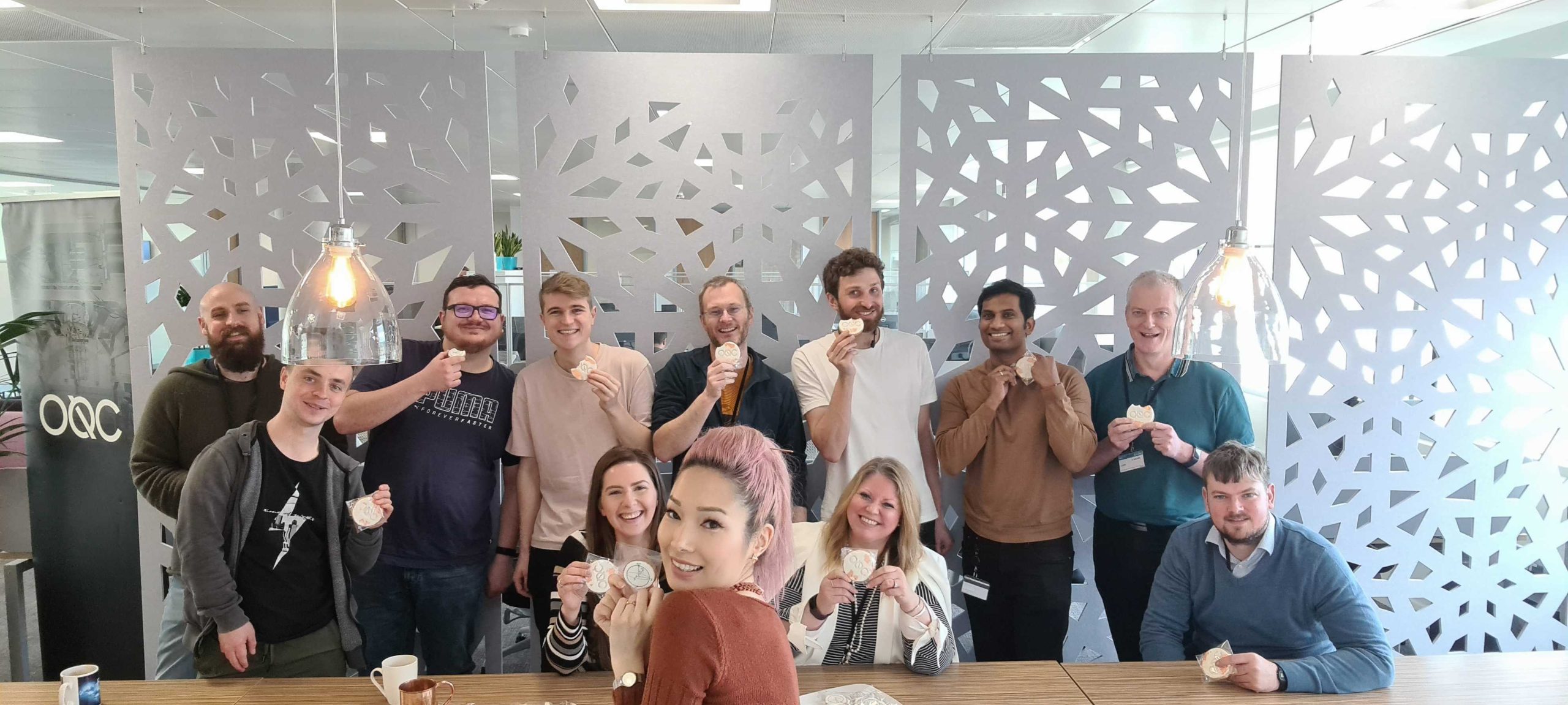
What is a Qubit?
Qubit is short for “quantum bit.” It is the fundamental unit of information in quantum computing. Unlike classical bits, which can be either 0 or 1, qubits can exist in multiple states simultaneously (superposition). Superposition is a mathematical combination of both 0 and 1. Quantum algorithms can use a group of qubits in a superposition to shortcut through calculations.
Here are just some of the qubit types out there:
- Superconducting: One of the most popular types of quantum computers is a superconducting qubit quantum computer. This is what we develop here at OQC. In addition to having faster gate speeds, superconducting qubits are solid-state fabrications. Superconducting qubits are also the most mature of all the qubit technologies.
- Trapped Ions: uses atoms or molecules with a net electrical charge known as “ions” that are trapped and manipulated using electric and magnetic fields to store and process quantum information.
- Photonic: these types of quantum computers use photons (particles of light) to carry and process quantum information. Photonic qubits are potentially an alternative to trapped ions and neutral atoms.
Join our newsletter for more articles like this
By clicking ‘sign up’ you’re confirming that you agree with our Terms & Conditions
